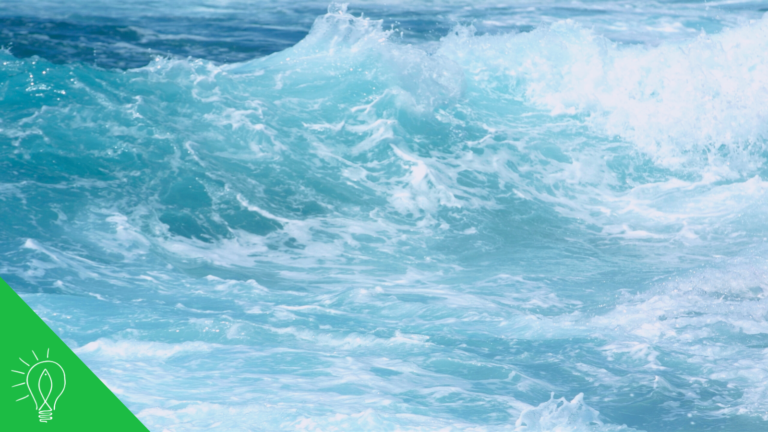

This project aimed to improve the shelf-life of Atlantic salmon and reduce seafood waste by using an innovative low-cost paper-based electrical gas sensor, which measures spoilage gases in seafood to analyse freshness. The project also looked to investigate improvements to prolong freshness and quality of produce, and ultimately extend the shelf-life of seafood.
£249,824.34
TBC

Funding from SIF enabled BlakBear to build and deploy sensors that directly measure fish spoilage through supply chains.
SIF enabled multiple iterations of sensing devices incorporating BlakBear’s unique gas sensing technology, combined with environmental sensors and Bluetooth communication. BlakBear’s unique technology measures spoilage directly and digitally.
BlakBear sensors send data in real-time to the cloud, via a smartphone app. SIF enabled construction of BlakBear’s cloud data pipelines and multiple iterations of BlakBear’s android app.
BlakBear analyses data using machine learning to predict freshness and remaining shelf-life on a wide range of foods. Analysis provides actions based spoilage and temperature information. SIF enabled BlakBear to gather and analyse a wide range of data, including microbiological comparison data, to testing machine learning models. SIF enabled BlakBear to build a Dashboard on https://BlakBear.com that displays data insights, which has been a key driver of sales.
Through SIF, BlakBear deployed sensing devices in a real supply chain measuring salmon, from perfect cold-chain conditions through to temperature-stressed conditions, which resulted in invalid use-by dates, demonstrating the need to measure and understand fish in complex fresh supply chains, to mitigate safety risks and food waste.
BlakBear Ltd